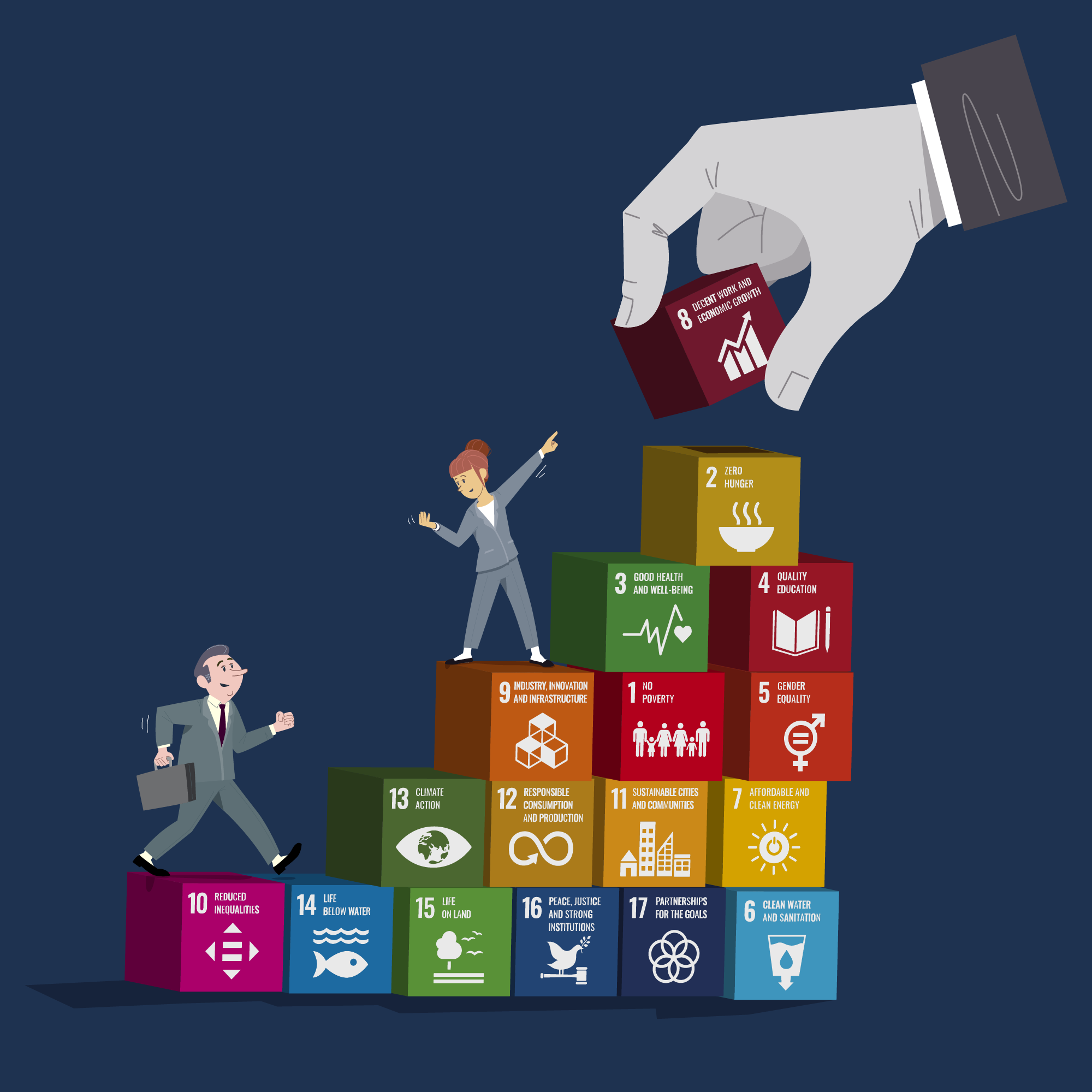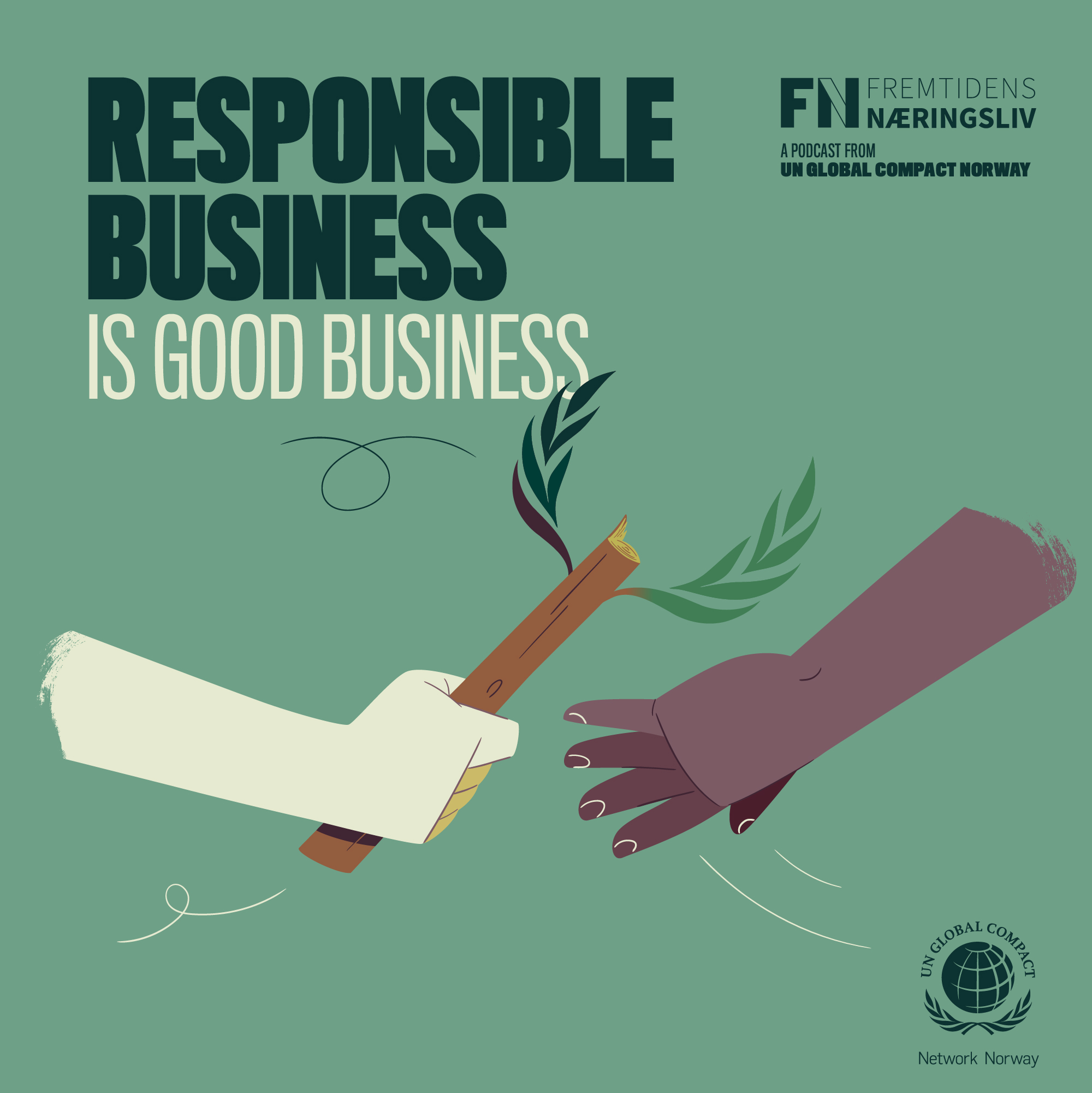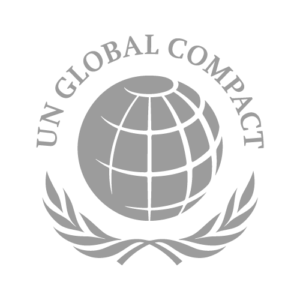EPISODE 4: The Next Edge of Leadership
Paul Polman is adamant: We won't win a fight with nature.
Imagine’s Paul Polman and Valerie Keller emphasise the transformative power of single companies, collaborative networks, and the unique comparative advantage of Norway.
Shareholder capitalism cannot be a prime objective
«The current growth models were unsustainable. It’s easier to see this in the last five years: more sustainable, more equitable business models is also good for business.»
Talking about the sustainable development goals is a topic on which Paul Polman thrives. With years of experience as CFO of Nestlé and later CEO of Unilever, he has been bold in turning around short-term business strategies.
«75% of the CEOs in this world think that, because of the pressure on the short-term, they are actually making the wrong decisions versus what is good for the company in the long-term.»
So when Polman took charge at Unilever, the first thing he did was consider the long term implications of business-as-usual. «The shareholder returns, which are important, are a result of what you do; they cannot be a prime objective.»
«I always felt that when I took over Unilever, the company wasn’t doing so well. We were actually going down, we had become victim of the financial markets and were very short-term. The Milton Friedman shareholder primacy was very strong when I started ten years ago,» he says.
We won’t win a fight with nature
Valerie Keller notes that there has been a shift in the priorities of financial markets since. The need for long-term sustainability is increasingly important.
«There were a lot of people debating the Milton Friedman ideology. We were still struggling with that as a paradigm,» she says.
Polman joins in. «First of all: there is a false trade-off between economic growth, environmental, and social protection, that is increasingly proven wrong. In order to have economic growth, we have to take care of our environment to do that, our natural capital, as well as our social capital. We see major countries like China where their growth is limited because eighty percent of their water is polluted, or the land is degraded, or air pollution is there and people cannot move from the cities. We see cities like Delhi in total lockdown. We see people prematurely losing their life as a result of that.»
He notes that Earth Overshoot Day – «the day we use up all the resources that this planet can replenish» – is now July 29th, occurring earlier every year, meaning that we’re consuming about 60 % more resources than the natural systems can restore.
«People have realised that being in fight with nature is not a fight we are going to win. We have economic systems that malfunction, and then business cannot function.»
The next edge of leadership
Keller advises that companies, now situated in global value chains, should look at the ecological system that they are operating within, and consider this: What’s our role to play in the world?
«There’s enormous opportunities for me, as a business. Sometimes, these business opportunities is joining together.»
Something is different today, compared to 10–15 years ago.
«It’s not just ‘what can my business do’, but ‘how could I and others in my industry collaborate together’. So the pre-competitive space becomes very important. And I think one of the things we’re really seeing is: this is the next edge of leadership. Companies coming together, CEOs coming together and saying what can we do together that we can’t be doing alone,» says Keller.
«Companies change industries. How can we as first movers start to change the regulatory environment as well?»
Norway has a footprint ‘infinitely bigger’ than big countries
UN Global Compact Norway is setting up action platforms to establish stakeholder cooperation across sectors, and this might produce significant effects in Norway.
«A smaller country such as Norway has a competitive advantage. The scale might sometimes work against you, but in this case it’s an advantage: the same culture, the same objectives, high concentration in a few industries that can actually create tipping points. You can achieve quite a lot of things, and change the face of the shipping, fishing and green energy industries,» Polman says.
So how do we identify tipping points and attack them?
«You’ve actually taken the lead on mobility with Tesla. Oslo Airport looks like a Tesla car dealer. You have policies to transform part of your economy. Also in investment markets, to go out of coal and decarbonise, which has been a catalyst for change that you shouldn’t underestimate. You have a footprint that is infinitely bigger in driving change than many of the big countries themselves.»
Listen to the episode below:
… or find it wherever you listen to podcasts.
FLERE EPISODER

Big data for zero hunger
On World Hunger Day, Anne Poulsen and Louise Fuchs talk about digitalisation of the food sector, and how aligning business...
Les mer

Responsible business is good business
For five years Lise Kingo has led the world’s largest sustainable business initiative and the UN organization for su...
Les mer




